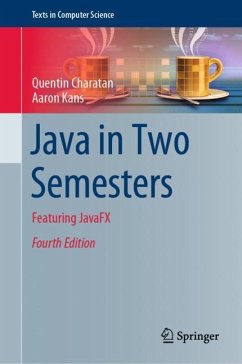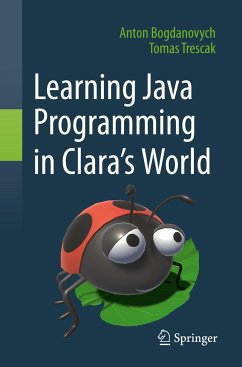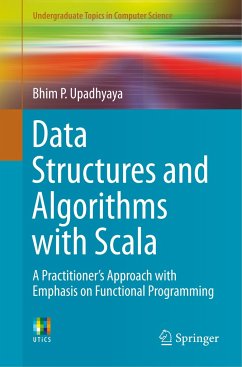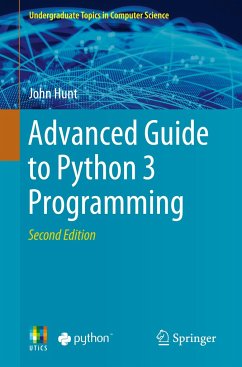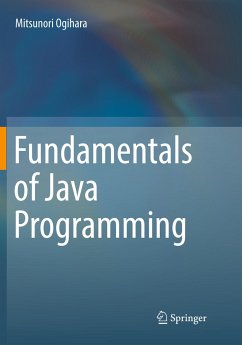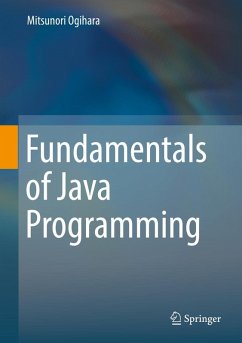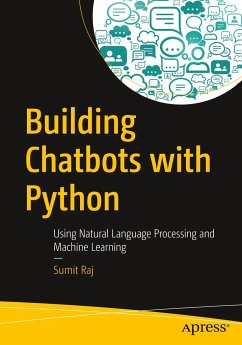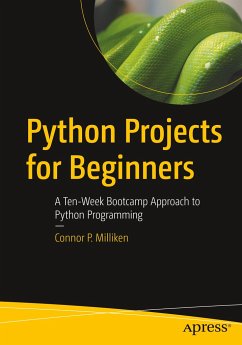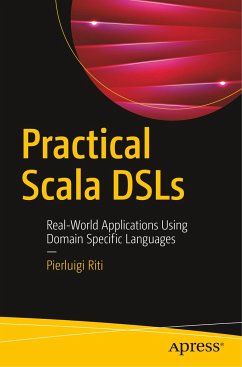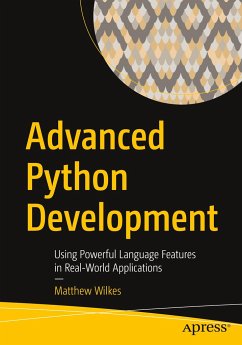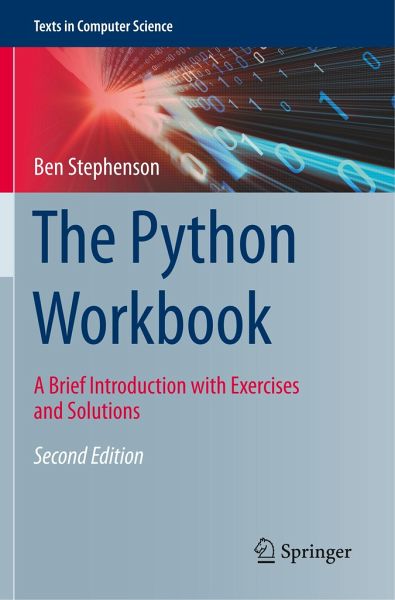
The Python Workbook
A Brief Introduction with Exercises and Solutions
Versandkostenfrei!
Versandfertig in 6-10 Tagen
31,99 €
inkl. MwSt.
Weitere Ausgaben:

PAYBACK Punkte
16 °P sammeln!
This student-friendly textbook encourages the development of programming skills through active practice by focusing on exercises that support hands-on learning. The Python Workbook provides a compendium of 186 exercises, spanning a variety of academic disciplines and everyday situations. Solutions to selected exercises are also provided, supported by brief annotations that explain the technique used to solve the problem, or highlight a specific point of Python syntax.This enhanced new edition has been thoroughly updated and expanded with additional exercises, along with concise introductions t...
This student-friendly textbook encourages the development of programming skills through active practice by focusing on exercises that support hands-on learning. The Python Workbook provides a compendium of 186 exercises, spanning a variety of academic disciplines and everyday situations. Solutions to selected exercises are also provided, supported by brief annotations that explain the technique used to solve the problem, or highlight a specific point of Python syntax.
This enhanced new edition has been thoroughly updated and expanded with additional exercises, along with concise introductions that outline the core concepts needed to solve them. The exercises and solutions require no prior background knowledge, beyond the material covered in a typical introductory Python programming course.
Features: uses an accessible writing style and easy-to-follow structure; includes a mixture of classic exercises from the fields of computer science and mathematics, along with exercises that connect to other academic disciplines; presents the solutions to approximately half of the exercises; provides annotations alongside the solutions, which explain the approach taken to solve the problem and relevant aspects of Python syntax; offers a variety of exercises of different lengths and difficulties; contains exercises that encourage the development of programming skills using if statements, loops, basic functions, lists, dictionaries, files, and recursive functions.
Undergraduate students enrolled in their first programming course and wishing to enhance their programming abilities will find the exercises and solutions provided in this book to be ideal for their needs.
This enhanced new edition has been thoroughly updated and expanded with additional exercises, along with concise introductions that outline the core concepts needed to solve them. The exercises and solutions require no prior background knowledge, beyond the material covered in a typical introductory Python programming course.
Features: uses an accessible writing style and easy-to-follow structure; includes a mixture of classic exercises from the fields of computer science and mathematics, along with exercises that connect to other academic disciplines; presents the solutions to approximately half of the exercises; provides annotations alongside the solutions, which explain the approach taken to solve the problem and relevant aspects of Python syntax; offers a variety of exercises of different lengths and difficulties; contains exercises that encourage the development of programming skills using if statements, loops, basic functions, lists, dictionaries, files, and recursive functions.
Undergraduate students enrolled in their first programming course and wishing to enhance their programming abilities will find the exercises and solutions provided in this book to be ideal for their needs.



